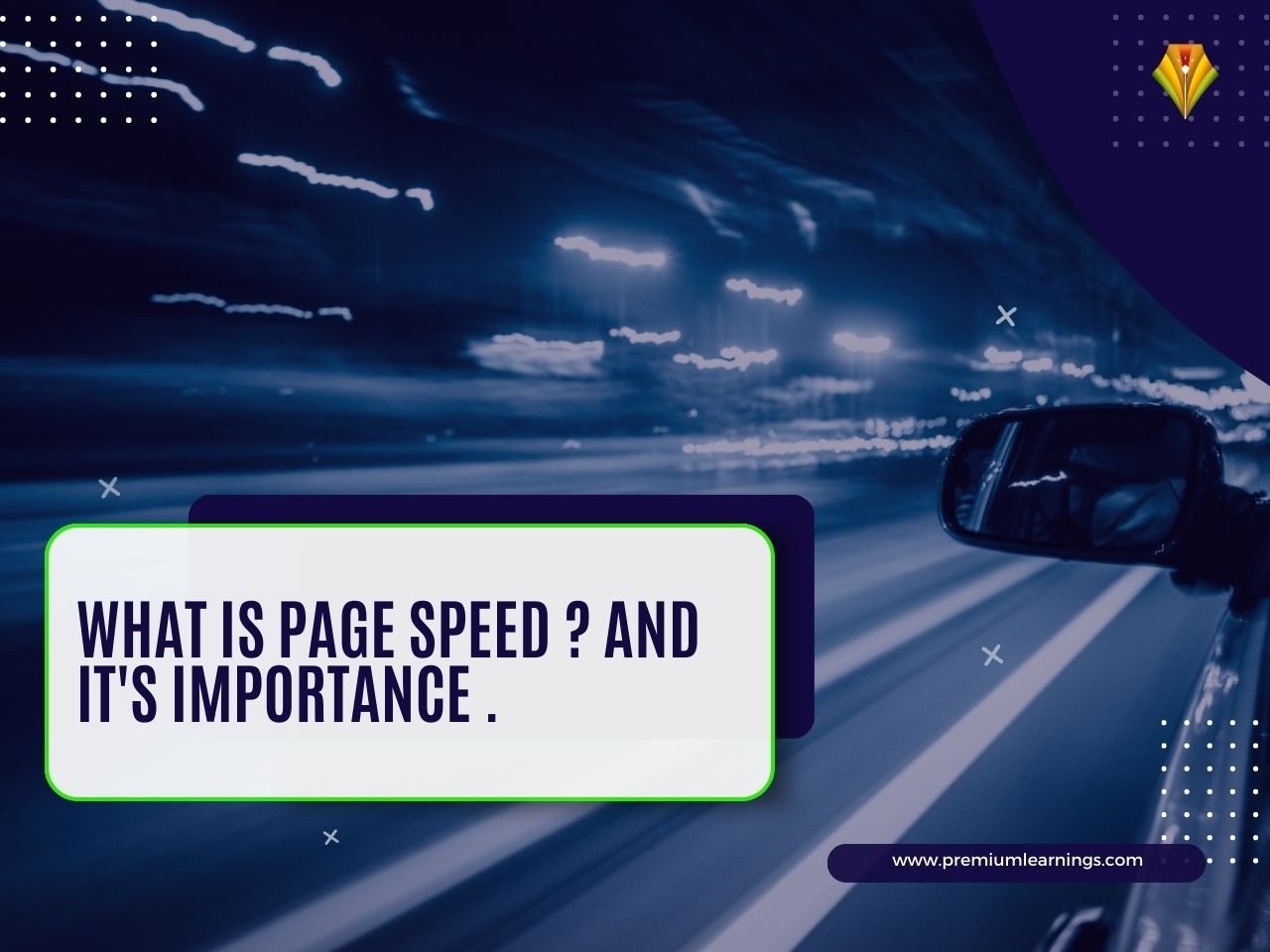The time it takes for a web page to fully load and show all of its content, including text, images, videos, and other elements, is referred to as page speed. It is an important aspect of website performance because it affects user experience and can have an impact on website traffic, engagement, and conversions.
By reducing the amount of time users must wait for the page to load, a faster page speed can enhance user experience, resulting in higher customer satisfaction and engagement. Furthermore, Google’s search algorithm takes page speed into account when determining rankings, so a website in the search engine visibility and rankings can benefit from a faster page speed.
Page speed is affected by a variety of factors, including the size and complexity of the page, the quality and location of the web hosting, the amount of traffic on the website, and the user’s device and internet connection. To improve page speed, website owners can take a variety of measures, such as optimizing images and other page elements, reducing the number of HTTP requests, enabling caching, and using a content delivery network (CDN) to improve server response times
SEO best practices for Page Speed
Google has stated that one of the signals used by its algorithm to rank pages is site speed (and thus page speed). And studies have shown that when Google evaluates page speed, it may specifically measure time to first byte. Additionally, if your page loads slowly, search engines will be able to crawl fewer pages with their allotted budget, which could hurt how well your site is indexed.
Page speed is also critical to the user experience. Longer loading times are associated with higher bounce rates and shorter average time on page. Conversions have been shown to suffer from longer load times as well.
Image Compression and Optimization: Compress and optimise images by reducing their size and optimising their format.
Minify HTML, CSS, and JavaScript: To reduce file size, remove unnecessary spaces, comments, and characters.
Enable Browser Caching: Enable caching on your server to reduce the time it takes for returning visitors to load a page.
Use Content Delivery Networks (CDNs): Distribute content from a network of servers located all over the world, enabling users to download files from a server that is located nearby.
Use Gzip Compression: Reduce the size of your files and web pages by using Gzip compression.
Reduce HTTP Requests: CSS and JavaScript files can be combined, and sprites can be used to combine images to reduce the amount of HTTP requests.
Minimize Redirects: Reduce the number of redirects as much as possible.
Reduce the Number of Plugins: Use only essential plugins and remove unnecessary ones that can slow down your website.
Optimize your server: Use a good hosting service, optimize your server configuration, and enable caching to improve performance.
By implementing these techniques, you can significantly reduce page load time and improve the user experience of your website.
To enhance your knowledge on Page Speed , consider attending our Digital Marketing and Growth Hacking session. Register for the webinar now by clicking on the link below.
https://premiumlearnings.com/contact/
You can also download premium learning’s app from the link below
https://play.google.com/store/apps/details?id=com.premiumlearnings.learn&hl=en


